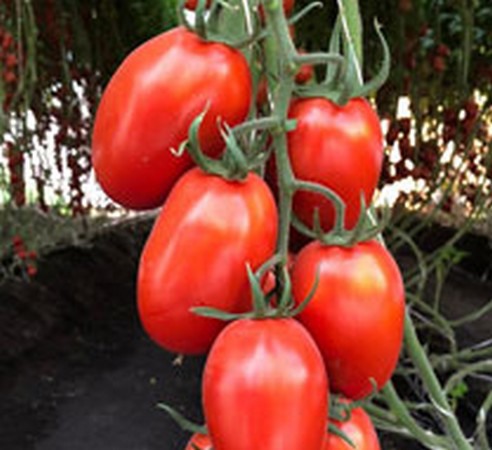Bayer announced today the commercial availability of tomato varieties bred to help growers address the challenges of the tomato brown rugose fruit virus (ToBRFV). These include a grape tomato, pink beef, beefs, and Roma-type tomatoes, offering strong Intermediate Resistance (IR) to both leaf and fruit symptoms of ToBRFV.
The performance Bayer has seen in these varieties aligns with Intermediate Resistance (IR), as defined by the International Seed Federation where the crop can show little or no symptoms of the virus in leaf or fruit. For the grower, this means an opportunity to protect more marketable yield without fruit and leaf symptoms.

As an integral part of its durable resistance strategy, Bayer’s global Research and Development teams have been stacking ToBRFV resistances into the global tomato pipelines and trialing those under high disease pressure conditions around the world with the ultimate goal of developing varieties with high resistance to the virus.
No visible symptoms
In addition to current commercial offerings providing IR, Bayer has identified combinations of resistance in its pre-commercial pipeline that have the potential to produce plants and fruit that show no visible symptoms even under ToBRFV high-pressure conditions. Late-stage pre-commercial trials on those plant varieties are beginning now. Bayer hopes expects to make these varieties commercially available in the next 2-3 years.
“Leveraging the strength and organization of our global collaborative breeding pipelines and germplasm library means that this combination of resistance is already incorporated into our elite breeding lines across the world,” said J.D. Rossouw, Head of Bayer’s Vegetable Seeds R&D.
 Bayer
Bayer